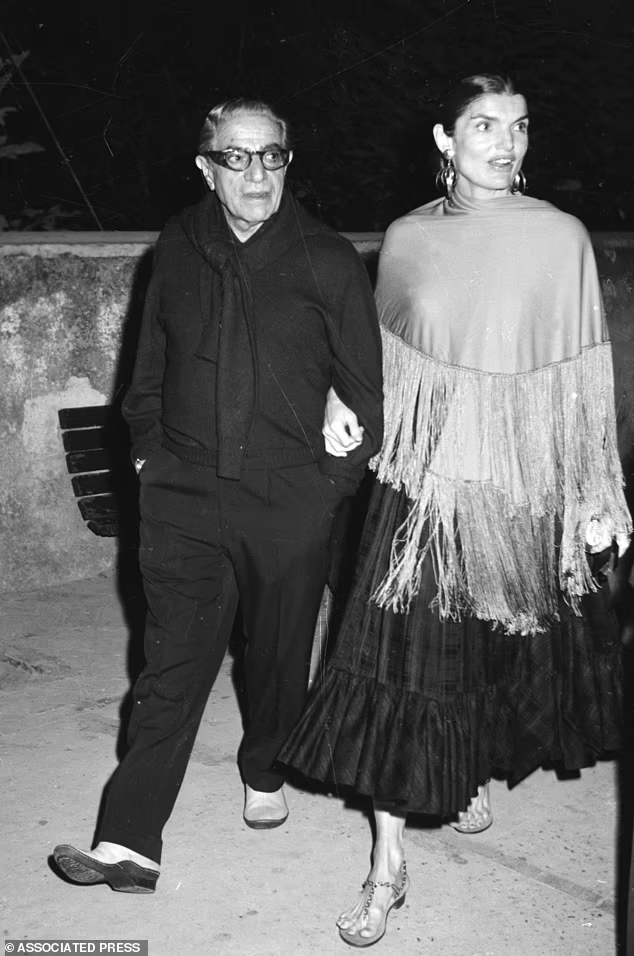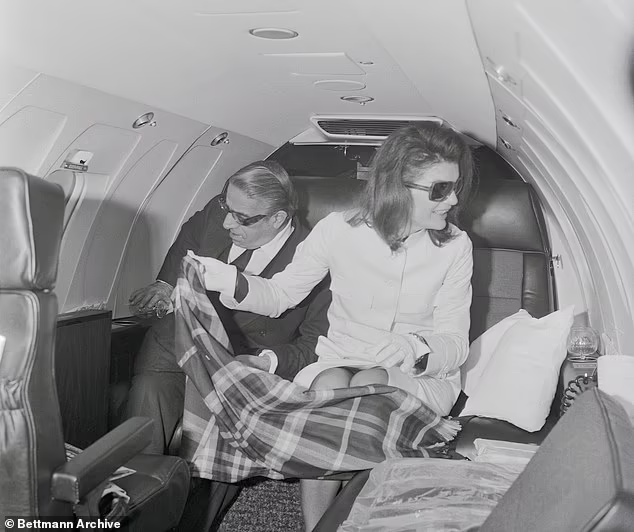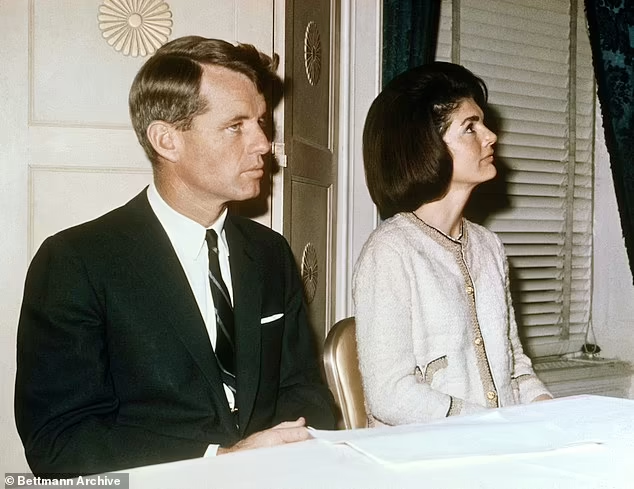Part 1
Maureen Callahan’s latest biography on JFK revisits the tragic events of his assassination and delves deep into the intricate web of his personal life, revealing startling revelations that reshape our understanding of the iconic president and his relationship with Jackie Kennedy.

The biography vividly depicts that fateful day in Dallas, Texas, where the Kennedy motorcade, amidst cheers and the Texas sun, suddenly turned into a horror scene. Jackie Kennedy, seated beside her husband in their limousine, experienced the unthinkable as gunfire shattered the calm. In an instant, President Kennedy slumped in her lap, his head gruesomely wounded, his blood and brains splattered over Jackie’s Chanel suit. Through Callahan’s narrative, the reader witnesses Jackie’s shock, her desperate attempts to shield JFK, and her anguished cries as the world around her descended into chaos.
Beyond the tragedy of November 22, 1963, Callahan’s biography explores the complex dynamics of JFK’s personal life, particularly his well-documented infidelities. Despite the public facade of a devoted couple, JFK’s relationships outside his marriage were numerous and sometimes reckless. From clandestine affairs to liaisons with acquaintances and even White House staff, JFK’s personal conduct stood in stark contrast to his public image as a family man.

Jackie Kennedy emerges in Callahan’s account not just as a grieving widow, but as a woman who navigated the complexities of a marriage shadowed by infidelity. Despite the heartache caused by JFK’s indiscretions, Jackie remained by his side, grappling with private pain while projecting a composed and dignified public persona. Her resilience and grace under pressure, exemplified by her insistence on preserving JFK’s dignity even in death, underscored her strength as a cultural and political figure.
Moreover, Callahan’s biography examines Jackie’s pivotal role in shaping JFK’s legacy after his death. From orchestrating his funeral procession with precision to her poignant interview with Theodore White for Life magazine, where she coined the enduring metaphor of “Camelot,” Jackie crafted a narrative that immortalized JFK as a symbol of hope and promise.

Through meticulous research and evocative storytelling, Callahan offers readers a nuanced and multifaceted portrayal of JFK and Jackie Kennedy’s intertwined lives. The biography sheds light on the personal struggles behind the public facade and invites reflection on the enduring impact of their legacy on American history and culture.

Part 2
The continuation of Maureen Callahan’s revealing biography unveils the tumultuous marriage between Jackie Kennedy and Aristotle Onassis, shedding light on a relationship fraught with contradictions and public scrutiny. Their union, orchestrated amidst shock and condemnation in high society, marked a pivotal moment for Jackie as she sought to redefine herself beyond the confines of her widowhood.

In October 1968, Jackie Kennedy, still mourning the loss of President John F. Kennedy, shocked the world by announcing her marriage to Aristotle Onassis, a wealthy Greek shipping magnate. Despite Onassis being decades older and viewed by many as crude and controversial, the marriage represented Jackie’s deliberate step away from the saintly image imposed upon her as the grieving widow of a beloved president.

Their marriage, detailed in Callahan’s biography, was underpinned by a complex contract negotiated by Jackie herself, comprising 170 clauses that dictated various aspects of their life together. These included financial arrangements, living arrangements with separate bedrooms despite a commitment to a full marital relationship, and even stipulations regarding the frequency of sexual relations.

Onassis, known for his flamboyance and wealth, treated Jackie to a life of luxury on his private Greek island and aboard his lavish yacht. However, behind the facade of opulence, their relationship was fraught with challenges. Onassis, driven by jealousy and a desire for control, would publicly humiliate Jackie, demanding sexual encounters in public and showing little regard for her emotional well-being. His affairs, notably with opera singer Maria Callas, added strain to their already turbulent marriage.

For Jackie, the marriage to Onassis provided financial security and an escape from the suffocating grief of her earlier years. Yet, it also subjected her to intense public scrutiny and criticism, with her actions often interpreted as betrayals of her image as America’s First Lady.

Throughout their marriage, Jackie grappled with personal demons, including PTSD stemming from JFK’s assassination and the strains of public life. Her attempts to find solace, whether through shopping sprees or seeking psychiatric help, were often overshadowed by relentless media scrutiny and societal expectations.

Ultimately, Jackie’s marriage to Onassis ended with his death in 1975, leaving her once again a widow, albeit one of the wealthiest women in the world. Free from the constraints of her marriage, Jackie faced a new chapter in her life, grappling with the question of her identity and purpose beyond the roles imposed upon her by history and society.

Maureen Callahan’s biography paints a nuanced portrait of Jackie Kennedy’s life beyond the public eye, revealing the complexities of a woman who navigated tragedy, fame, and personal reinvention in the glare of the world’s spotlight.
Dailymail.com


